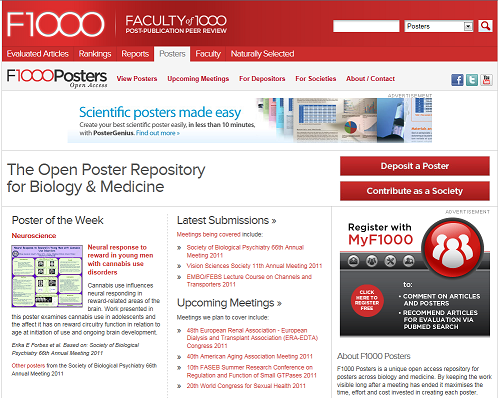The Association of American Universities (AAU) and the National Association of State Universities and Land-Grant Colleges (NASULGC) have released their February 19 letter to the House Judiciary Committee, supporting the NIH policy and opposing the Conyers bill.
The major university associations in the US have joined the major library associations in supporting the NIH policy.
Exerpt from the Feb. 13th letter endorsed by major library associations:
Scientific research is advanced by broad dissemination of knowledge, and the subsequent building upon the work of others. To this end, the NIH Public Access Policy ensures that the results of our nation’s $29 billion annual investment in research reach the broadest possible audience. The Policy requires that, in exchange for receiving federal research dollars, grantees deposit the final electronic manuscript of their peer-reviewed research results into PubMed Central, NIH’s digital archive, to be made publicly available within 12 months – and was specifically implemented in full compliance with current U.S. copyright law.
The NIH Policy achieves several notable goals: First, it ensures broad public access to the results of NIH’s funded research, allowing scientists and researchers to collaborate and engage in cutting-edge research. Such access allows for greater sharing of information, speeding discovery, medical advances, and innovations.
Second, the NIH Policy ensures that the U.S. government has a permanent archive of these critical, publicly funded biomedical research results, ensuring that results can be built upon by not only this generation, but also future generations, of researchers.
Finally, the Policy creates a welcome degree of accountability and transparency, which enable us to better manage our collective investments in the NIH research portfolio and ensure the maximum possible benefits to the public in return.
To read about what people are writing in the blogosphere about the Conyers Bill, visit Open Access News at:
http://www.earlham.edu/~peters/fos/2009/02/more-comments-on-conyers-bill-6.html
[Some text for this blog entry was excerpted from Peter Suber, Open Access News]


